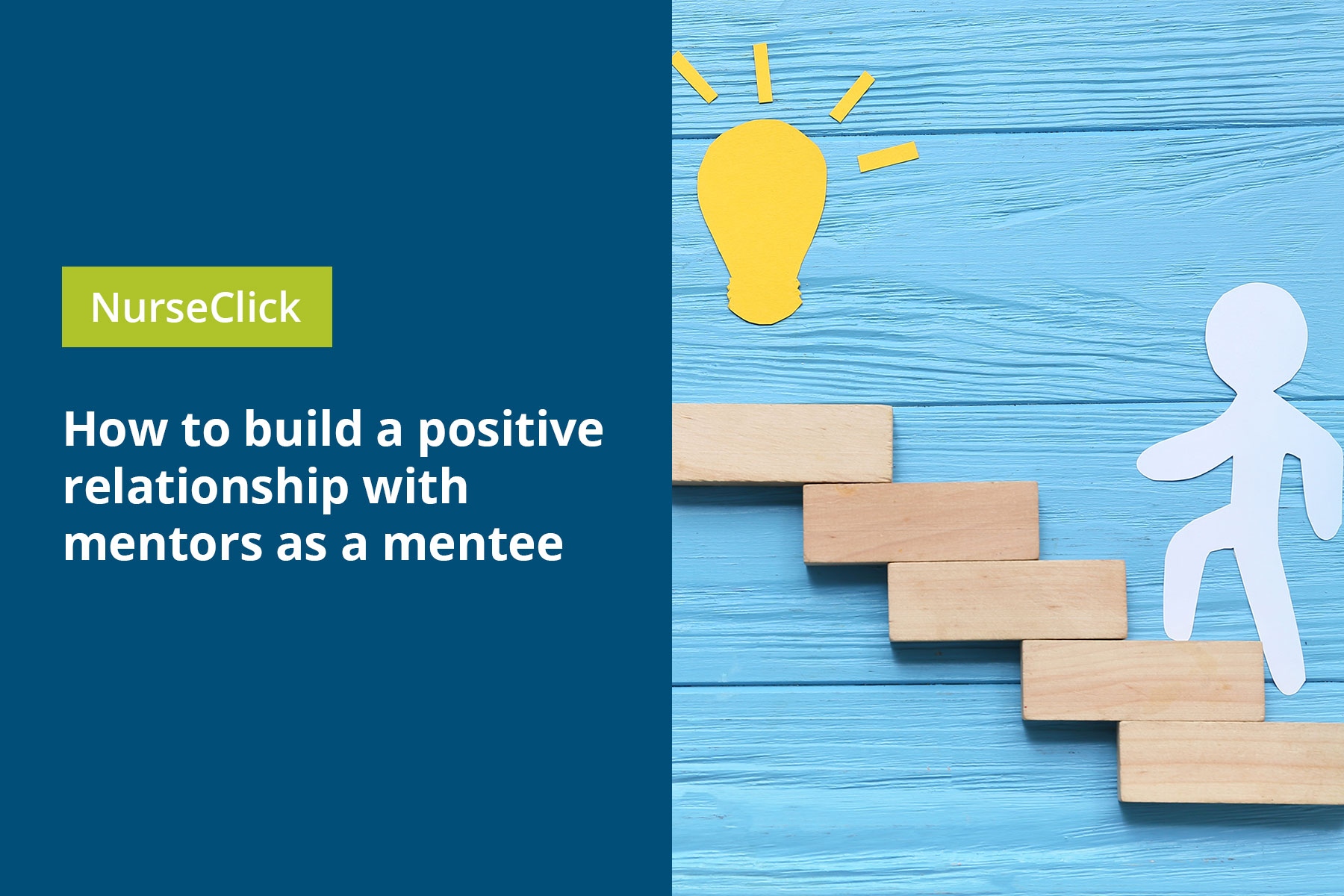Mentoring is a dynamic partnership between a less-experienced individual (referred to as the novice) and an experienced expert practitioner, founded on the exchange of experience and knowledge-based guidance (Keogh, 2015). Mentorship plays a pivotal role in personal and professional growth (Sarabipour et al., 2022), especially in fields like nursing where guidance and support are crucial for success (Gularte-Rinaldo et al., 2023). I have participated in the Emerging Nurse Leader (ENL) program since 2022 which is designed to support the development of leadership skills and competencies for early career nurses. The ENL mentorship program provided by the Australian College of Nursing (ACN) has significantly benefited both my personal and professional development.
The mentor-mentee relationship is a unique bond built on trust, mutual respect, and shared learning experiences (WA Department of Health, 2017). It is crucial for both parties to actively participate in this relationship, rather than placing the responsibility on one side alone. However, as a mentee, there are steps we can take to cultivate and nurture a positive relationship with our mentors, enabling us to gain valuable insights, enhance our skills, and achieve our career goals. Based on my personal experiences, here are some practical tips on how mentees can foster a strong and positive relationship with our mentors.
Show respect to mentors
Showing respect to our mentors is crucial for building a positive relationship (NZ Youth Mentoring Network, 2023). There are several ways to demonstrate respect. Firstly, it is important for mentees to listen attentively when our mentors are speaking (NZ Youth Mentoring Network, 2023). Mentees need to maintain professionalism in the interactions, avoiding inappropriate or disrespectful language and behaviours. Additionally, being on time for scheduled meetings and preparing questions or topics in advance demonstrate respect for our mentor’s time and commitment. Personally, in my mentorship, I find it helpful to send a meeting agenda ahead of time and follow up with a summary of each meeting via email. It is also important for mentees to acknowledge and appreciate our mentors’ expertise and experience, which can strengthen the sense of value and respect in the relationship. Mentees can also regularly convey appreciation to our mentors and let them know that their efforts are valued. This practice will enhance the connection between each party. By showing respect to our mentors, we are more likely to receive their guidance and support in return, leading to a mutually beneficial mentor-mentee relationship (Keogh, 2015).
Be open and willing to learn
A successful mentor-mentee relationship starts with an open mind and a willingness to learn from the perspectives and insights of mentors (Sarabipour et al., 2022). It is important to approach our mentors with humility, recognising that their expertise and experience offer us valuable opportunities for growth and learning (Grossman, 2013). We can discuss challenges and seek advice from our mentors, as it allows us to tap into their wealth of experience and gain valuable insights. This approach fosters a positive and conducive learning environment. It is essential to demonstrate an open attitude when our mentors provide guidance and feedback (Grossman, 2013). Be receptive to feedback and constructive criticism, as these insights can help us grow both personally and professionally.
Set goals, create an action plan and review
It is advisable to invest time in identifying our goals and clarifying what we aim to achieve through mentorship prior to embarking on a mentorship journey. Setting clear and realistic objectives will enable mentors to understand our needs better and tailor the guidance accordingly (WA Department of Health, 2017). Engaging in discussion about these goals with mentors is beneficial, as they can offer experienced guidanceand provide a unique perspective on goal setting. There are a variety of tools and frameworks that we can use to assist in shaping goals, for example, SMART (Specific, Measurable, Achievable, Realistic, and Timely) goals (Ogbeiwi, 2017). Once we have set the goals, the next step involves creating a detailed action plan that outlines the tasks, deadlines, and required resources (Ogbeiwi, 2017). Regular discussions with mentors regarding our progress and challenges are vital for making necessary adjustments to our goals and plans.
Communicate effectively
Effective communication forms the foundation of any successful relationship, including mentorship (WA Department of Health, 2017). It is important to take time to observe and understand each mentor’s communication style, preference, and work habits, which will help us adapt communication styles and tailor interactions with our mentors. Finding common ground or sharing interest to build rapport with mentors can create a strong foundation for the relationship. Besides, we should be proactive in initiating discussions with mentors and maintain open lines of communication. Mentees need to promote a two-way flow of communication which fosters trust and understanding (Sarabipour et al., 2022).
Take initiative
Success in mentorship is not only dependent on what we gain from our mentors but also on the effort and commitment we put into our own personal growth and development. Taking initiative in our mentorship journey will extend far beyond our expectations. We should proactively seek opportunities for growth, such as attending ACN activities and events, workshops, conferences, or educational programs. Moreover, we should keep our mentors informed about our progress and any new experiences. Demonstrating a proactive attitude will impress mentors and show our dedication to personal and professional development within the context of mentorship. Consequently, mentors will be more inclined to provide us with guidance and support.
In conclusion, the mentor-mentee relationship is a valuable asset in personal and professional growth. As a mentee, we can nurture a positive and productive mentorship. The above strategies have benefited me in the mentor-mentee relationship, and I hope these strategies help other mentees effectively utilise the potential of mentorship.
Are you looking for a mentor or want to become a mentor?
ACN is proud to offer all members the opportunity to engage in Career Mentoring. Whether you are an up-and-coming nurse leader who wants to soak up career advice and guidance or an experienced nurse leader who wants to support the next generation of nurses, Career Mentoring is a valuable way to connect with your profession and progress your career. Learn more
This article was originally published in the Winter 2024 edition of ACN’s quarterly member publication The Hive. Members can access all past editions of The Hive on MyACN. Non-members can get a sneak peek by viewing our open-access articles.
Author: Lele Xu MACN, RN
Lele is a registered nurse in Monash Health and stage 3 Emerging Nurse Leader. She is passionate about nursing and nursing education.

References
Grossman, S.C. (2013). Mentoring in nursing: A dynamic and collaborative process (2rd ed.). Springer Publishing Company.
Gularte-Rinaldo, J., Baumgardner, R., Tilton, T., & Brailoff, V. (2023). Mentorship ReSPeCT study: A nurse mentorship program’s impact on transition to practice and decision to remain in nursing for newly graduated nurses. Nurse Leader, 21(2), 262-267. https://doi.10.1016/j.mnl.2022.07.003
Keogh, S. (2015). Mentorship and professional development. In M.E.Shaw, & J. Keogh (Eds.), Mentorship in healthcare (2rd ed., pp.1-14). M&K Publishing.
NZ Youth Mentoring Network, (2023). How to build a positive relationship with your mentee.
Ogbeiwi, O. (2017). Why written objectives need to be really SMART. British Journal of Healthcare Management, 23(7), 324-336. https://doi.10.12968/bjhc.2017.23.7.324
Sarabipour, S., Hainer, S.J., Arslan, F.N., De Winde, C.M., Furlong, E., Bielczyk, N., Jadavji, N.M., Shah, A.P., & Davla, S. (2022). Building and sustaining mentor interactions as a mentee. The FEBS Journal, 289(6): 1374-1384. https://doi.10.1111/febs.15823
WA Department of Health, (2017). NMO mentor network factsheet 1- Introduction to mentoring.





